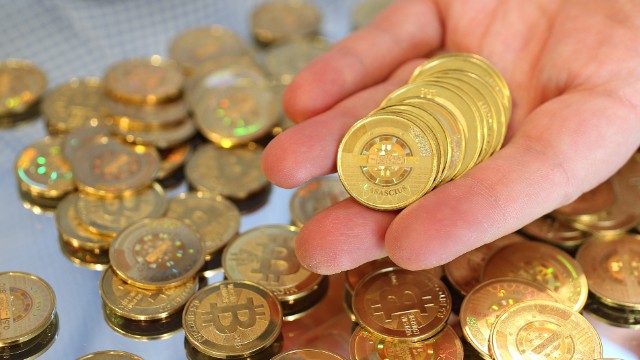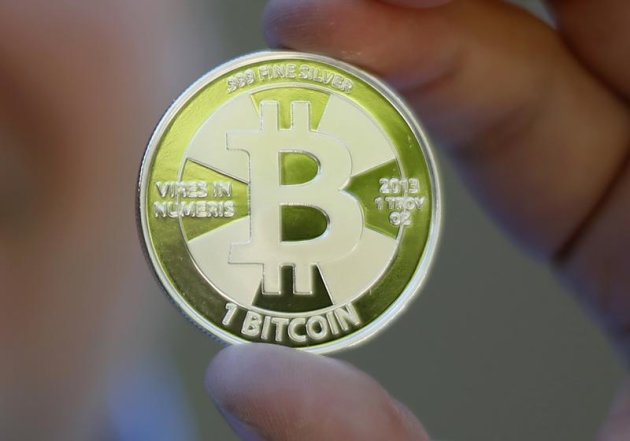mashable.com / By Seth Fiegerman / December 12, 2013
Less than two years ago, Brian Armstrong had to struggle just to explain the idea of Bitcoin to investors. On Thursday, his startup announced that it had raised what may be the largest funding round to date in the Bitcoin space.
Coinbase, a startup that provides a digital wallet for Bitcoin transactions, revealed that it has raised $25 million in a Series B funding round led by Andreessen Horowitz, the VC firm founded by Netscape founder Marc Andreessen. The funding is seen as another vote of confidence for the Bitcoin startup space from one of the most influential venture capital firms in Silicon Valley. But it’s also a testament to the vision that Armstrong and his team had early on.
SEE ALSO: These Startups Are Betting Everything on Bitcoin
“The press tends to portray Bitcoin as either a speculative bubble or a scheme for supporting criminal activity,” Chris Dixon, an investor at Andreessen Horowitz, wrote in a blog postexplaining the firm’s decision. “In Silicon Valley, by contrast, Bitcoin is generally viewed as a profound technological breakthrough.” Dixon, who will take a seat on Coinbase’s board, went on to argue that the startup’s technology has the potential to “significantly accelerate” Bitcoin adoption.
In an interview with Mashable earlier this year, Armstrong said that he first read about Bitcoin in late 2011 while working at Airbnb and saw an opportunity to create tools to make the digital currency more mainstream. - http://mashable.com/2013/12/12/coinbase-funding/a>
















